Panic attacks can be extremely difficult to deal with. It is crucial to learn how to manage anxiety and panic effectively.h, especially if you have one for the first time and are unsure of the signs of a panic attack. Many people mistake them for serious health issues because they’re unaware of the signs of a panic attack and how to cope with the sudden onset of symptoms caused by them.
While they are commonly associated with anxiety, anybody can suffer from a panic attack. Because they often occur without warning, this can cause further panic. In this blog, we’re going to take a look at how these attacks come about and what you can do to control the symptoms of a panic attack.
For those reading that may suffer from regular panic attacks, it’s important to ensure that you visit your GP to discuss this. While a therapist, like myself, can help you to cope with symptoms of anxiety in the long term, you may need medication or further tests to identify the root causes.
Why do Panic Attacks Happen to Us?
They are triggered in us by something known as ‘catastrophic misinterpretation of bodily symptoms. In other words, a panic attack is usually triggered when we notice a strange or unexpected physical symptom and then misinterpret it as something far more serious.
This could be anything from a heart flutter to dizziness caused by standing too fast or even a stress-inducing day at work, which may trigger panic attacks. When somebody is prone to having these attacks, they may be hyper vigilant about noticing these innocent sensations in the body which results in being in ‘danger’ or ‘panic’ mode more often.
Many people often panic that they are having a heart attack. For example, if they feel their heart flutter and then react with fear, they might be experiencing the signs of a panic attack. it causes a panic attack and physical symptoms to worsen.
This ‘fight or flight’ way of thinking is heavily ingrained into our physiology as an automatic response to an event that is potentially threatening or frightening. The perception of a threat then activates our nervous system causing an acute stress response in the form of physical symptoms and panic.
What Does a Panic Attack Feel Like?
For many people, panic attacks can induce extreme physical symptoms that are often mistaken for other health issues. While these attacks can be very scary to experience, it is important to try and recognise the symptoms so that you can cope better.
The symptoms can be different for everyone though some of the most common ones include:
- Heart palpitations
- Dizziness
- Sweating
- Nausea
- Feeling faint
- Chest pains
- Rapid breathing
- Chills
- Hot flashes
These attacks can often induce several symptoms which are difficult to spot and recognise. The good news is, no matter the symptoms you experience, there is help available for getting panic attacks and anxiety under control.
How to Cope with a Panic Attack when it's Happening
One of the best things that you can do is learn how to cope with a panic attack when it’s happening. As these attacks bring about intense physical symptoms, many people struggle to calm themselves down when they are panicking. In addition to the symptoms they inflict, they often happen very quickly which can make it even more difficult to control them.
Developing strategies to help you cope in the moment as well as those that can assist in the long term is imperative.
CBT & Counselling
People who suffer from panic attacks, panic disorders, or anxiety can greatly benefit from cognitive behavioural therapy (CBT). Because CBT helps you to change how you think about stress-inducing or challenging situations by helping you to develop new strategies for coping with said situations.
CBT can be delivered on an individual basis or in group sessions and your therapist or counsellor will help you to identify your end goals. There is a lot of research that has been carried out to prove that CBT is effective in helping reduce the likelihood of these attacks occurring in those who attend the treatment.
A study in 2018 revealed that people who attended just four weekly sessions of CBT benefited from positive changes in neural pathways responsible for panic symptoms. By being in better control of our thought processes, we are less likely to spiral during a panic attack and could even reduce the panic attack duration significantly or in some cases halt them at an early stage.
Bringing Focus to Your Breath
Because rapid breathing is one of the widely experienced symptoms in those who suffer these attacks, learning deep breathing techniques is a must.
Deep breathing can help you to manage your state of panic and reduce fear while a panic attack is happening. Here’s a technique I recommend to help manage anxiety and panic attacks:
- Close your eyes
- Breathe in slowly and deeply through your nose for as long as you can
- Breathe out slowly and gently through your mouth
- Repeat this technique for as long as possible until your panic symptoms have reduced
Many people find the above breathing technique to be useful for them in controlling and coping with panic attacks. Breath is one of the most powerful ways in which we can reassert control over our body and return it to a calmer state.
Of course, sometimes you may practice the breathing technique and find that you are unable to calm yourself down in this way. This is why it is extremely important to consider multiple coping strategies and use them all in conjunction with one another to ensure you have the best tool kit to tackle them.
Getting Help
If you are seeking help for your panic attacks and feel you can benefit from CBT, contact our team today. I offer individual counselling and therapy for the treatment of anxiety, panic disorders, and stress.
Whether you wish to attend sessions online or in – person, in Surrey, there is hope on the horizon for you. By attending counselling or therapy, you’ll have greater control over your symptoms and be able to trigger a panic attack less frequently. cope better when they happen.
Contact me today for a free 15-minute consultation to discuss your symptoms and how CBT or counselling may be helpful to you.



